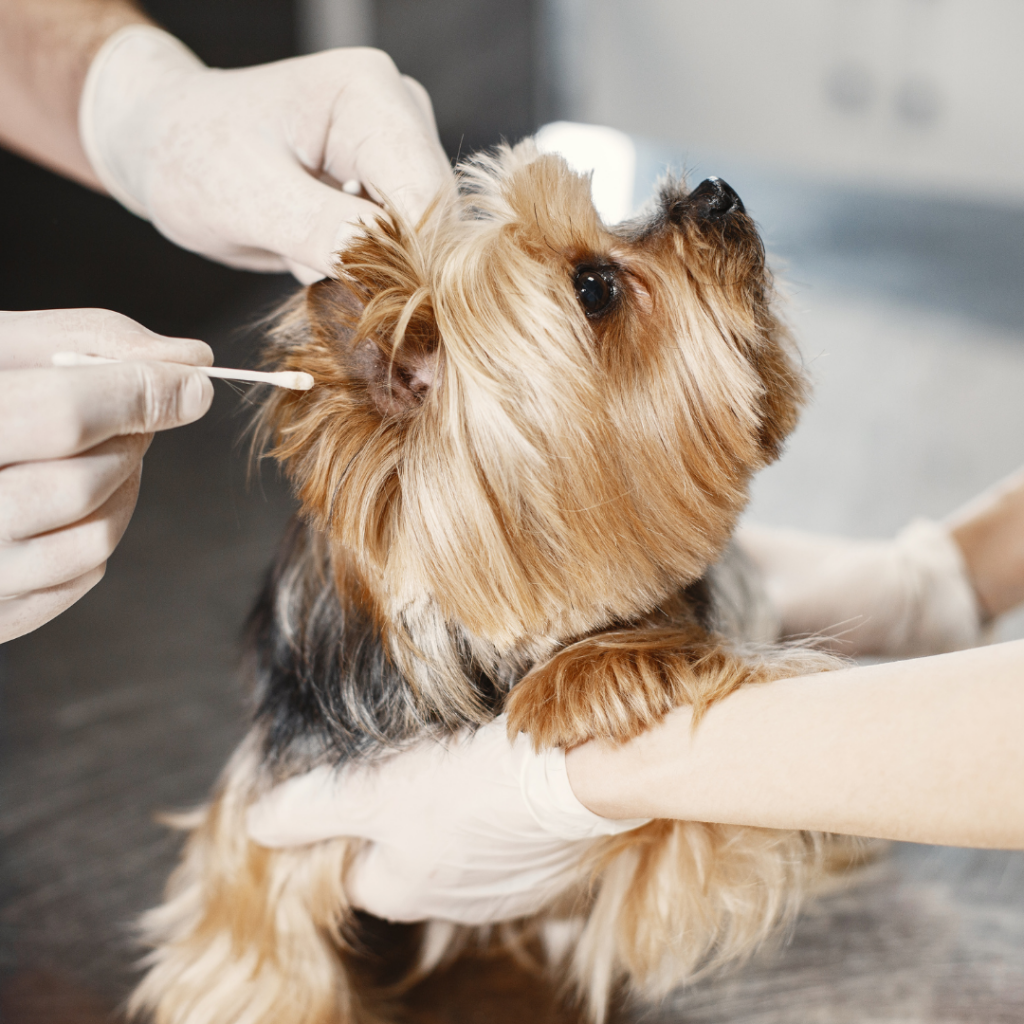Ear infections are a prevalent issue among pets, particularly in dogs with floppy ears, such as Basset Hounds and Cocker Spaniels. These infections can cause significant discomfort and, if left untreated, may lead to more severe health problems. Understanding the causes, recognizing the symptoms, and implementing preventive measures are essential steps in ensuring your pet’s ear health.
Causes of Ear Infections
Several factors can contribute to the development of ear infections in pets:
- Moisture: Water trapped in the ear canal creates an ideal environment for bacteria and yeast to thrive, increasing the risk of infection.
- Allergies: Allergic reactions can cause inflammation in the ear, making it more susceptible to infections.
- Ear Mites: These parasites are more common in puppies and kittens and can lead to secondary bacterial or fungal infections.
- Foreign Bodies: Objects like grass seeds or dirt can become lodged in the ear, causing irritation and potential infection.
Recognizing the Symptoms
Early detection of an ear infection can prevent more serious complications. Common signs to watch for include:
- Scratching or Pawing at the Ear: Indicates discomfort or itching.
- Head Shaking or Tilting: Your pet may shake their head or tilt it to one side to alleviate discomfort.
- Redness and Swelling: Inflammation of the ear canal or flap.
- Odor: A strong, unpleasant smell emanating from the ear.
- Discharge: Presence of waxy or pus-like discharge.
Preventive Measures
Implementing the following preventive strategies can significantly reduce the likelihood of ear infections:
- Regular Ear Cleaning: Use a veterinarian-approved ear cleaner to gently clean your pet’s ears, removing debris and preventing buildup that can lead to infection.
- Keep Ears Dry: Thoroughly dry your pet’s ears after bathing or swimming to prevent moisture accumulation, which fosters bacterial growth.
- Manage Allergies: Work with your veterinarian to identify and control any allergies that may contribute to ear inflammation and subsequent infections.
Routine Veterinary Check-ups: Regular examinations allow for early detection and treatment of potential ear problems before they escalate. By staying vigilant and proactive in your pet’s ear care, you can help prevent painful infections and ensure their overall health and happiness.

